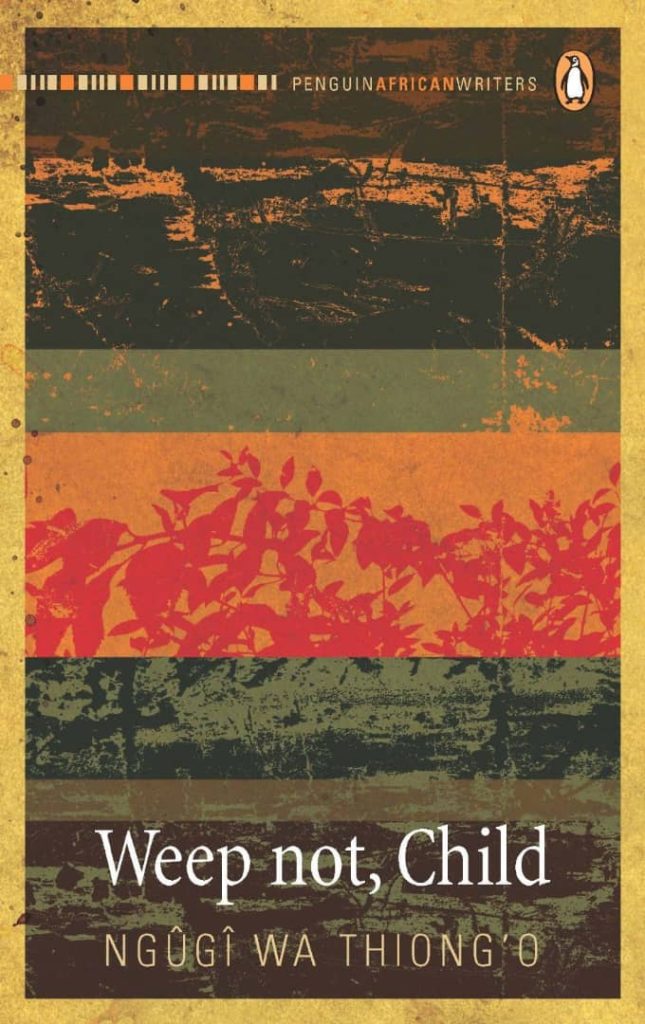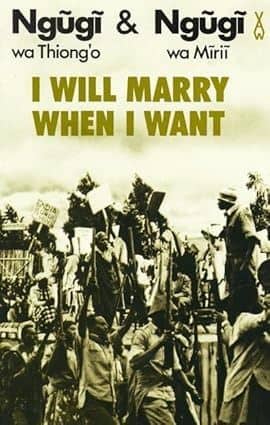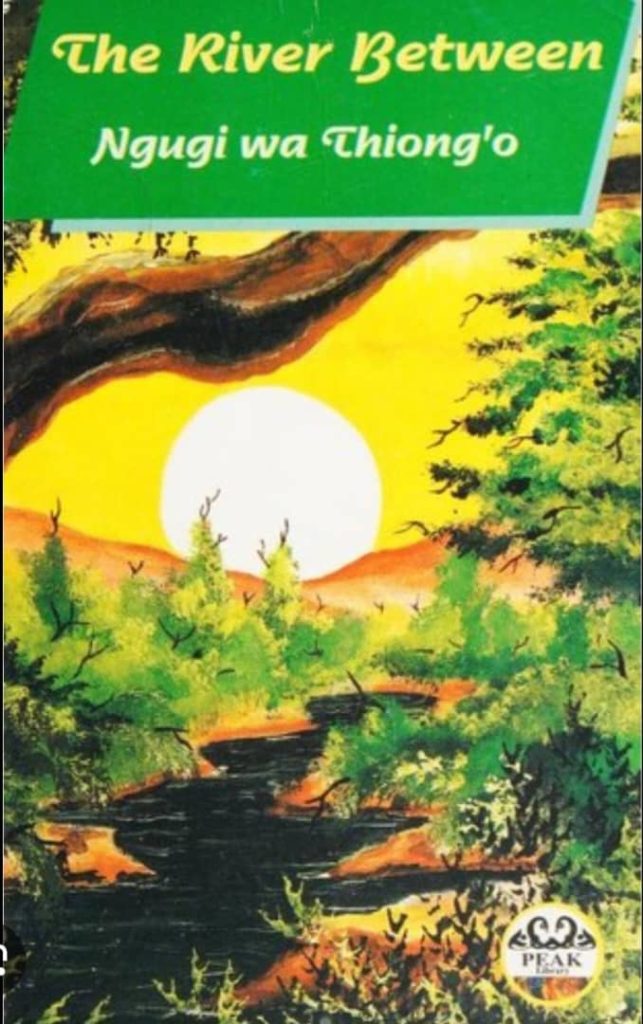The literary world mourns the passing of Ngũgĩ wa Thiong’o, the iconic Kenyan novelist, playwright, and critic, who died on Wednesday, May 28, 2025, at 87. His death marks the end of a monumental chapter in the global struggle for cultural and intellectual liberation, a testament to the written word’s power to transform.
Born James Thiong’o Ngũgĩ in Limuru, Kenya, in 1938, his early life was shaped by British colonial rule and the Mau Mau uprising. These experiences became the bedrock of his early works, like Weep Not, Child (1964) and The River Between (1965), which explored colonialism’s impact and the arduous path to freedom.

In the late 1970s, Ngũgĩ made an audacious decision by abandoning writing in English, the language of his colonizers, to embrace Gikuyu and later Swahili. This was a radical act of decolonization, a reclaiming of his linguistic heritage, and a direct challenge to the dominance of European languages in African literature.
Language is a carrier of culture, and culture is a carrier of values,” Ngũgĩ famously declared. “If you take away a people’s language, you take away their memory, their history, their identity.” This profound conviction fueled his seminal work, Decolonising the Mind: The Politics of Language in African Literature (1986), a searing indictment of linguistic imperialism and an urgent plea for African writers to champion their indigenous tongues.
His dedication came at immense personal cost. His Gikuyu play, Ngaahika Ndeenda (I Will Marry When I Want), which critiqued post-colonial injustices, led to his arbitrary detention without trial in 1977. For a year, he endured prison, where he remarkably penned Caitaani Mũtharaba-Ini (Devil on the Cross) on toilet paper, a testament to his indomitable will.

Following his release, persecution forced Ngũgĩ into decades of exile, primarily in the United States, where he held esteemed professorships. Despite these challenges, his literary output remained prodigious, with novels like Matigari (1987) and Wizard of the Crow (2006) dissecting themes of power and freedom.
Throughout his distinguished career, Ngũgĩ was consistently considered a leading contender for the Nobel Prize in Literature. Yet, his deepest reward, as he often articulated, was the profound connection he forged with his readers. “The Nobel of the heart,” he once stated, “is when someone reads your work and tells you it impacted them.”
Ngũgĩ’s influence transcended his books. He was a tireless advocate for human rights, social justice, and the preservation of African cultures. His unwavering voice inspired countless writers, academics, and activists globally to dismantle oppressive systems and assert their authentic narratives.
He is survived by his wife, Njeeri, and his children, many of whom continue his literary legacy.
Ngũgĩ wa Thiong’o’s passing leaves an undeniable void. But his powerful words, unwavering courage, and profound insights will continue to resonate, serving as a perpetual reminder of language’s transformative power and the vital struggle for true liberation. His story, like his work, will live on.

